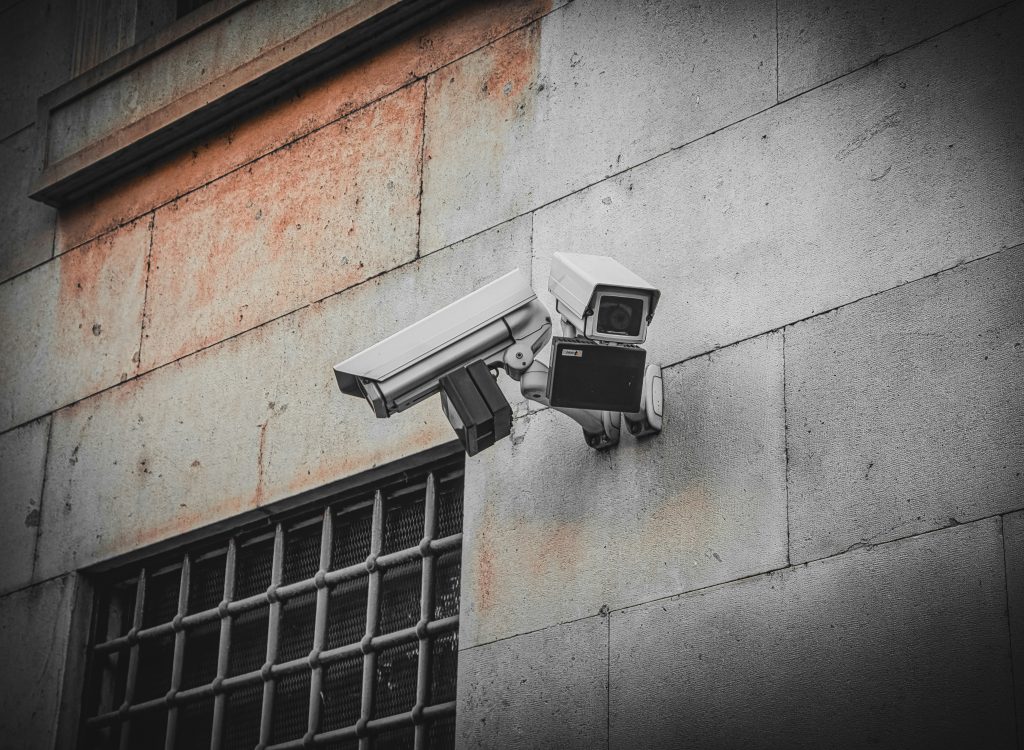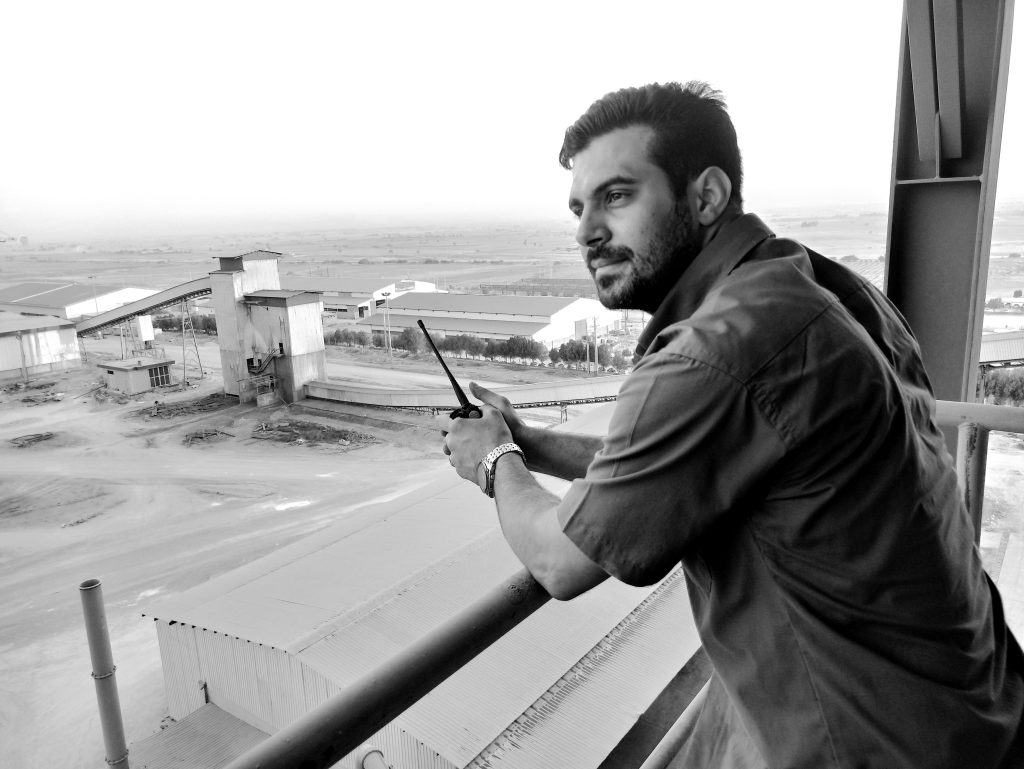Iran Stands Firm on Retaliation Plans Against Israel Amid Rising Tensions
In a significant escalation of rhetoric, Iran has firmly rejected calls from three European nations urging restraint in the face of heightened tensions following the assassination of Hamas leader Ismail Haniyeh. The Iranian government, led by Supreme Leader Ayatollah Ali Khamenei, has publicly vowed to retaliate against Israel, blaming the country for Haniyeh’s death in Tehran. This declaration has sparked fears of an imminent attack on Israeli territory.
The backdrop of this situation is fraught with complexity. The assassination of Haniyeh, a prominent figure within Hamas, has been perceived in Tehran as a direct affront, prompting a swift and aggressive response from Iranian leadership. Despite the calls from Western powers, including the United Kingdom, for Iran to exercise caution and avoid further escalation, the Iranian officials remain resolute in their stance. They have indicated that any retaliatory measures are imminent, with assessments suggesting that a strike could occur as early as this week.
The geopolitical implications of this potential conflict are profound. The United States has expressed concern over Iran’s intentions, cautioning that the situation could spiral out of control, further destabilizing an already volatile region. The assassinations, counterattacks, and subsequent threats highlight the precarious balance of power in the Middle East, where alliances and enmities shift rapidly.
Amidst these tensions, there are glimmers of hope for diplomatic negotiations. Reports suggest that discussions are underway regarding a potential hostage release and a ceasefire deal in Gaza, which could temporarily delay Iranian military actions. However, the effectiveness of these negotiations remains uncertain, as the Iranian leadership appears unwavering in its demand for retribution.
As the world watches this unfolding drama, the stakes are incredibly high. The possibility of direct military conflict between Iran and Israel could have catastrophic consequences, not only for the two nations involved but also for regional stability and global security. Analysts warn that any miscalculation could ignite a broader conflict that involves multiple countries in the region, exacerbating an already dire humanitarian situation in Gaza.
The Iranian response is emblematic of a broader cycle of violence that has characterized relations between Israel and its neighbors for decades. The dynamics of this conflict are further complicated by the presence of various militant groups, shifting alliances, and the interests of global powers in the region. As tensions escalate, it is crucial for international actors to engage in meaningful dialogue to prevent a resurgence of hostilities that could lead to devastating repercussions.
As this situation continues to evolve, the international community is urged to take proactive measures to de-escalate tensions. The stakes are higher than ever, and the potential for conflict looms large. With both sides preparing for potential military action, the question remains: will diplomacy prevail, or are we on the brink of a new chapter in the ongoing saga of Middle Eastern conflict? Only time will tell as the world holds its breath, waiting for the next move in this intricate geopolitical chess game.
Tags: Geopolitics, Hamas, Iran, Iran attack Israel Israeli, Iran attacks Israel, Israel, Retaliation
Iran Promises Retaliation Against Israel Following Assassination of Hamas Leader
In a dramatic escalation of tensions in the Middle East, Iran has firmly declared its intention to retaliate against Israel for the assassination of Hamas’ political leader, Ismail Haniyeh, which occurred in Tehran last week. Iranian officials have made it clear that this event will not go unanswered, with President Masoud Pezeshkian stating unequivocally that Tehran will ‘definitely’ respond to what they perceive as an aggressive act by Israel.
This incident has sent shockwaves through the region, as both Hamas and Iranian authorities hold Israel accountable for the killing. The situation is particularly precarious, with analysts warning that the threat of an Iran-Israel war looms larger than before. The dynamics have shifted since Iran’s first direct attack on Israel earlier this year, suggesting a potentially more volatile environment in which both nations are now operating.
The assassination has heightened fears of a broader conflict, and Israeli Prime Minister Benjamin Netanyahu has convened his security cabinet to discuss possible counterstrikes. The atmosphere in Israel is tense, with citizens acutely aware of the risks that this retaliation might entail. Many are left watching and waiting, bracing for a response that could further destabilize an already fraught region.
Recent statements from Iranian officials have underscored the seriousness of their intentions. They have issued warnings that the response will come at a time and place of their choosing, with military analysts suggesting that Iran has a range of options at its disposal. The last two weeks have seen an unprecedented escalation of events, raising alarms among security experts about the potential for a major regional conflict that could draw in various factions and escalate beyond the control of either nation.
As tensions mount, the international community watches closely, aware that any miscalculation could lead to a broader conflagration. Iran’s vow to retaliate signals a pivotal moment in Middle Eastern geopolitics, one that could redefine alliances and hostilities in the region. The stakes are undeniably high, and the potential repercussions of this conflict could resonate far beyond the immediate actors involved. The coming days and weeks will be critical in determining whether diplomatic efforts will prevail or if the cycle of violence will continue unabated.
In summary, the assassination of Ismail Haniyeh has sparked a significant response from Iran, which has vowed to retaliate against Israel, raising the specter of a wider conflict in the region. As both sides prepare for possible escalations, the world holds its breath, hoping for a resolution to this dangerous standoff.
Tags: Hamas, Iran, Iran retaliation Israel, Israel, Middle East Conflict, Retaliation
Iran Vows Retaliation Against Israel Following High-Profile Assassination
In a stark escalation of tensions in the Middle East, Iranian President Masoud Pezeshkian confirmed on Monday that Tehran would “definitely” retaliate against Israel for the assassination of Hamas leader Ismail Haniyeh. This declaration comes on the heels of a series of high-profile assassinations that have sent shockwaves throughout the region, compelling numerous factions to reassess their strategies and alliances.
The assassination of Haniyeh, carried out under suspicious circumstances widely attributed to Israeli operatives, has intensified fears of a broader conflict. Israeli leaders have openly acknowledged the possibility of an Iranian-led retaliation, heightening security measures and preparing military defenses amidst fears of an impending strike.
The situation is compounded by the scheduled meeting at the Organization of Islamic Cooperation (OIC) headquarters in Jeddah, Saudi Arabia, where discussions on a unified response to Israeli actions are expected to take center stage. As regional militias and allied factions express solidarity with Iran, the potential ramifications of a coordinated response could reshape the geopolitical landscape.
Analysts agree that Iran’s options for retaliation are limited, yet the Islamic Republic has vowed to exercise its “legitimate” right to defend itself. The Iranian leadership is under immense pressure to respond decisively to bolster its credibility both domestically and internationally. With regional tensions at a boiling point, the stakes have never been higher.
In the past week alone, the Middle East has been rocked by two significant assassinations. The first was of Fuad Shukr, a senior commander of Hezbollah, which has drawn the ire of Iranian officials and underscored the ongoing threats faced by allied groups in the region. These events have led to a call for unity among militant factions, as they navigate the complex web of alliances and enmities that characterize Middle Eastern politics.
As the clock ticks and the potential for retaliation looms, the international community watches closely, aware that any miscalculation could lead to widespread conflict. The specter of war hangs heavy in the air as Iran and Israel remain locked in a deadly game of brinkmanship, with both sides preparing for the worst.
In conclusion, the assassination of Haniyeh has not only reignited the longstanding animosity between Iran and Israel but has also mobilized various factions within the region to consider their positions in an increasingly volatile environment. With the OIC summit approaching and the threat of retaliation looming, the next steps taken by Iran and its allies will be critical in determining the future stability of the Middle East.
Tags: Hamas, Iran, Iran retaliation Israel, Israel, Middle East, Retaliation
Tensions Escalate as Iran Vows Retaliation Against Israel
In a rapidly unfolding situation that has captured global attention, Israel is preparing for potential military conflict as Iran and its ally Hezbollah threaten retaliation following the assassination of a prominent Hamas leader. The recent surge in hostilities has heightened fears of a broader regional conflict, with both sides gearing up for possible confrontation. Over the past few days, Iranian officials have made it clear that they hold Israel responsible for the death of the Hamas leader, signaling a commitment to avenge his assassination. This rhetoric has alarmed Israeli officials, prompting Prime Minister Benjamin Netanyahu to convene his security cabinet for urgent discussions on the nation’s defense strategy. As the prospect of an Iranian assault looms, Israel is bracing itself for what could be a prolonged military engagement. Reports indicate that intelligence assessments suggest a multi-day attack may be imminent, with Israel’s defense forces on high alert to respond to any threats from the north. The United States has also been closely monitoring the situation. Secretary of State Antony Blinken emphasized the importance of diplomatic measures to mitigate the escalation, urging G7 allies to exert pressure on Iran to avoid further violence. In a show of military readiness, the U.S. has redirected its naval assets to the region, reinforcing its commitment to regional stability amidst growing tensions. The potential for a military confrontation raises significant concerns about the humanitarian impact on civilians, particularly in Gaza, where the ongoing conflict has already taken a heavy toll. Observers warn that an all-out war involving Iran could shift the dynamics of the conflict dramatically, drawing in multiple actors and destabilizing the region further. As the situation unfolds, the eyes of the world remain fixed on the Middle East, with governments urging restraint and dialogue to prevent a catastrophic escalation of violence.
Tags: Conflict, Hamas, Hezbollah, Iran, Iran attack Israel, Israel, Retaliation



